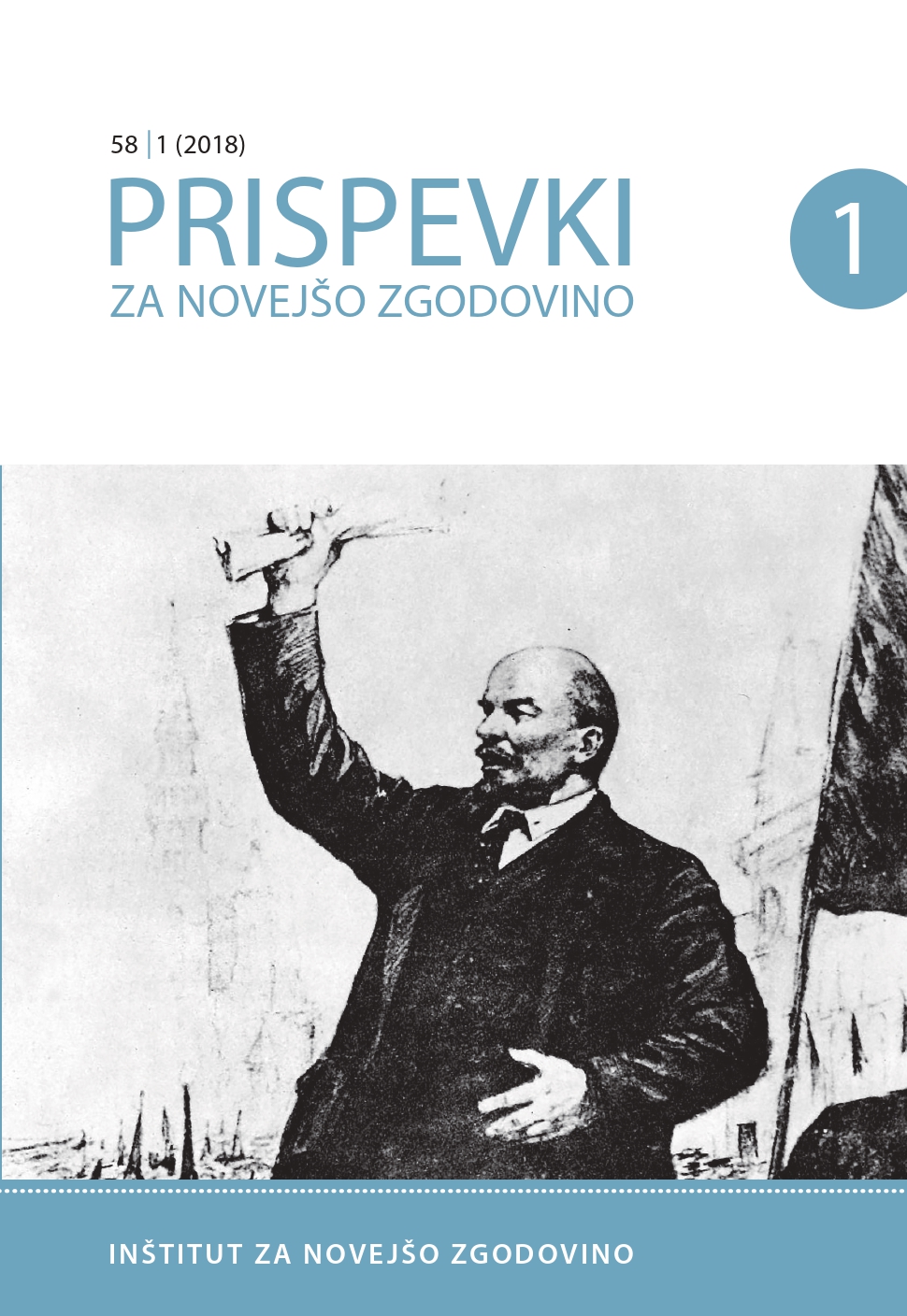“What does it have to do with us?” – Rethinking the Russian Revolution in Germany
“What does it have to do with us?” – Rethinking the Russian Revolution in Germany
Author(s): Andreas SchulzSubject(s): Political history, Social history, Demography and human biology, Pre-WW I & WW I (1900 -1919), Asylum, Refugees, Migration as Policy-fields
Published by: Inštitut za novejšo zgodovino
Keywords: Commemorating the “World Revolution”; Global effects of 1917; Impacts of the Red October on Germany;
Summary/Abstract: The author reviews exhibitions and recent publications in Germany which commemorate the centennial of the October Revolution 1917. After a full century of research there is little left of glory and heroism that had been present at the dawn of the ″Great Socialist October Revolution”. A de-mystification has taken place which relocates the proclaimed “World Revolution” into the frame of Russian history. But this nationalization of the revolution tends to marginalize the global effects of the Red October, especially when the Bolshevik seizure of power is simply explained as a successful effort to transform anarchy into an organised regime of terror practised by a determined and self-sacrificing Avantgarde. While the totalitarian approach neglects the social origins of the Revolution, recent cultural studies emphasise contingent factors down-rating revolutionary uprisings as an escalation of civil war in contaminated “landscapes of violence”. Leaving behind such entire explanations and grand designs, the second part of this paper wants to draw attention to the enduring structural changes which the Russian Revolution caused in post-war Europe. The author concentrates his arguments on three levels, beginning with the political institutions, secondly, the economic and social order, and thirdly, the demographic change.
Journal: Prispevki za novejšo zgodovino (before 1960: Prispevki za zgodovino delavskega gibanja)
- Issue Year: 58/2018
- Issue No: 1
- Page Range: 12-25
- Page Count: 14
- Language: English

